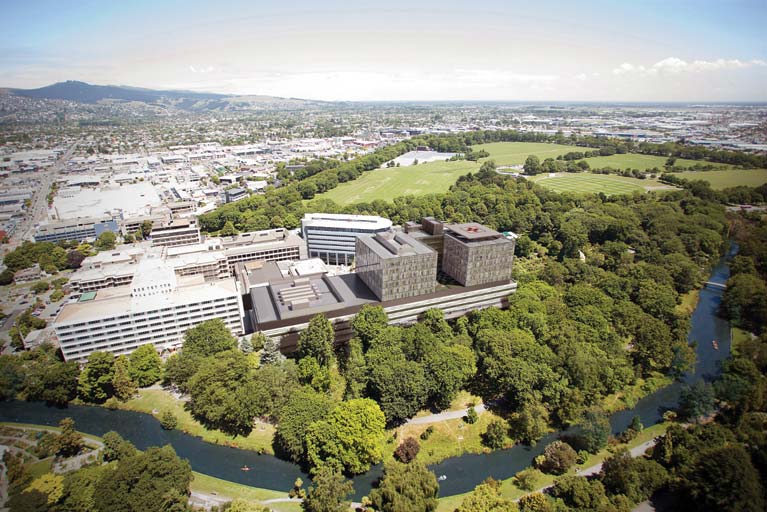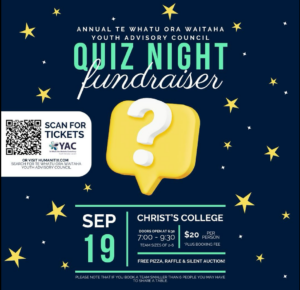
Movement and exercise to help you get through cancer treatment better.
Find out more about:
Our Purpose >>
Our People >>
Our Stories >>
Rehabilitation and Exercise Providers >>
Our Resources >>
Preparation
Prehabilitation
Click edit button to change this text. Lorem ipsum dolor sit amet, consectetur adipiscing elit. Ut elit tellus, luctus nec ullamcorper mattis, pulvinar dapibus leo.
Recovery
Rehabilitation
Click edit button to change this text. Lorem ipsum dolor sit amet, consectetur adipiscing elit. Ut elit tellus, luctus nec ullamcorper mattis, pulvinar dapibus leo.
Support and Wellbeing
Support and Wellbeing
Click edit button to change this text. Lorem ipsum dolor sit amet, consectetur adipiscing elit. Ut elit tellus, luctus nec ullamcorper mattis, pulvinar dapibus leo.
Our Stories
Place holder Story
Text TBC

Plceholder copy
Our People
PLACEHOLDER COPY
- Meet
TonyTony WallsHead of the Department of Paediatrics at the University of Otago, Christchurch and also works as a paediatrician at Te Whatu Ora Waitaha CanterburyRead more... - Meet
AmberAmber ClarkeRepresents Ngāi Tūāhuriri with Research for Children Aotearoa and on the Te Papa Hauora councilRead more... - Meet
KikiKiki MaoatePaediatric surgeon with Te Whatu Ora’s South Island surgical team, Associate Dean, Pacific, at the University of Otago, Christchurch, and president of the Pasifika Medical AssociationRead more... - Meet
GailGail GillonDirector of the University of Canterbury’s Child Well-Being Research Institute and co-director of the Better Start National Science Challenge E Tipu E ReaRead more...

